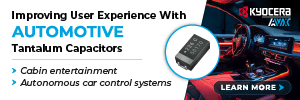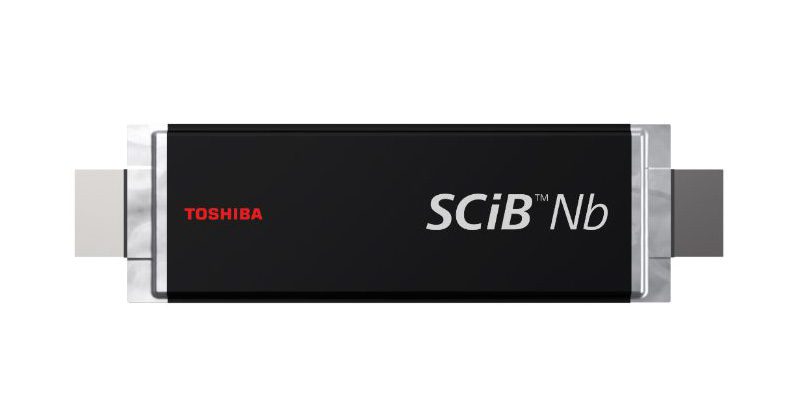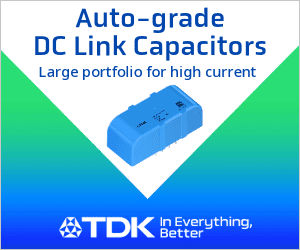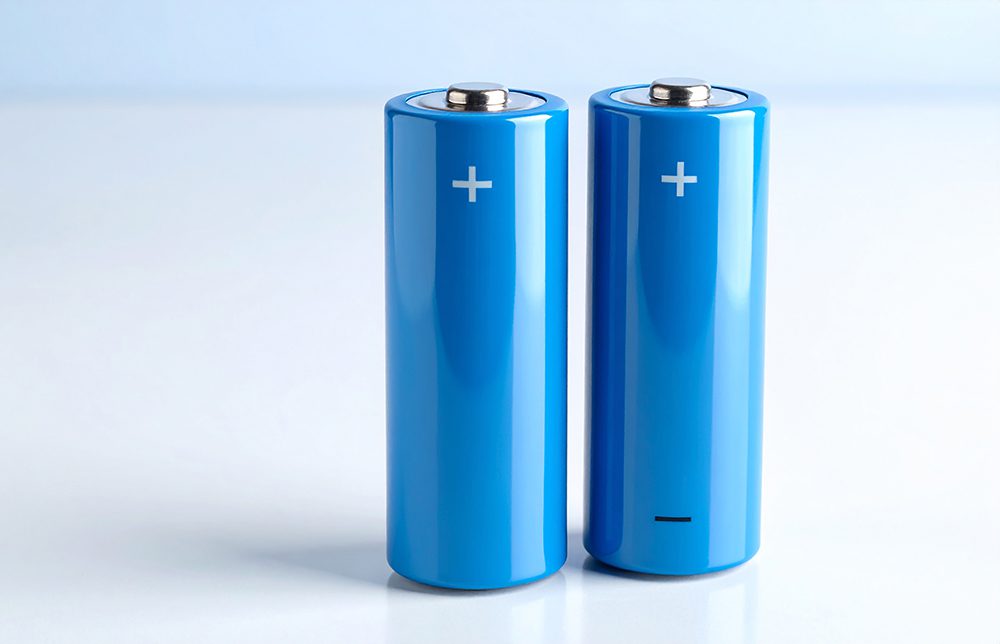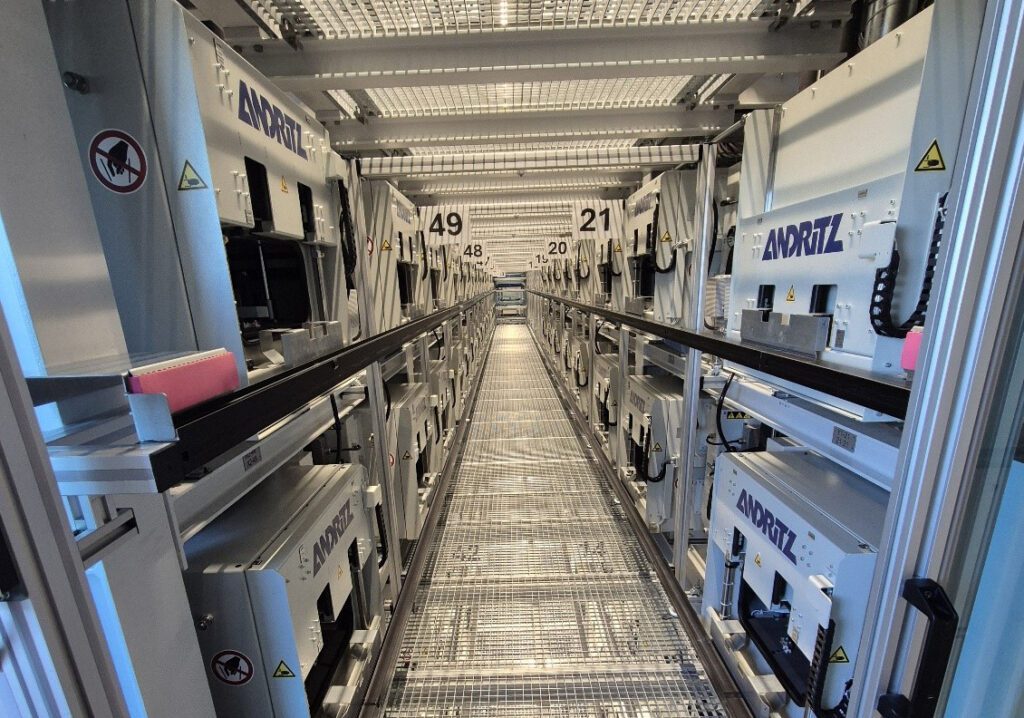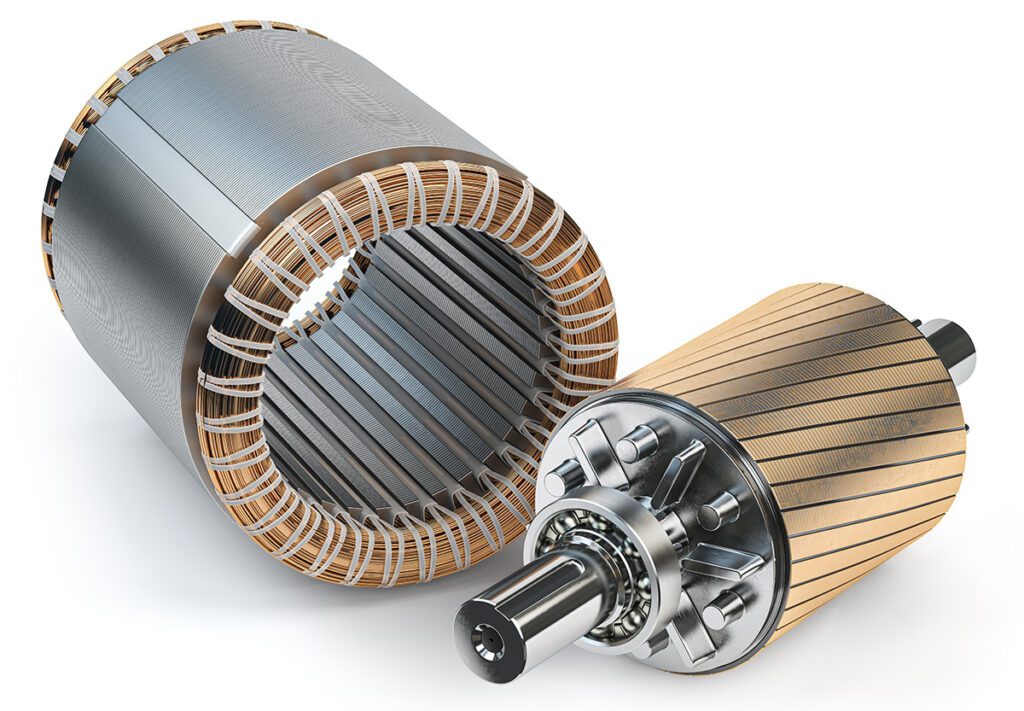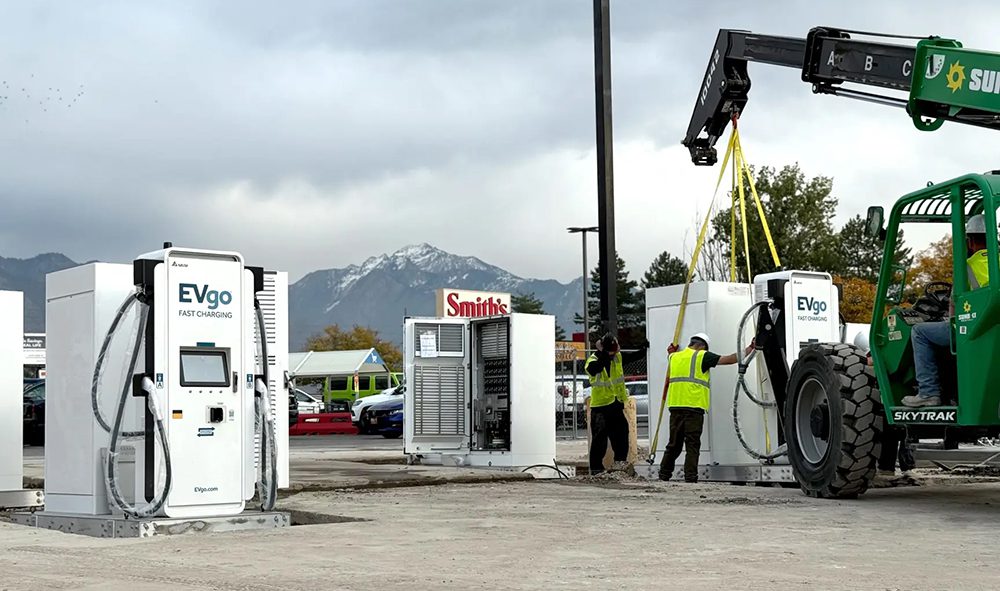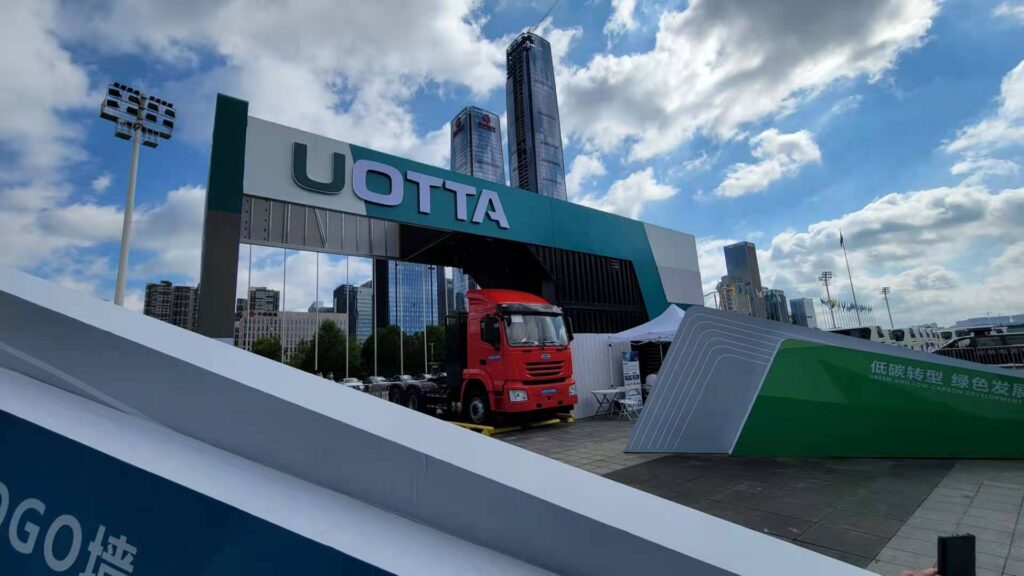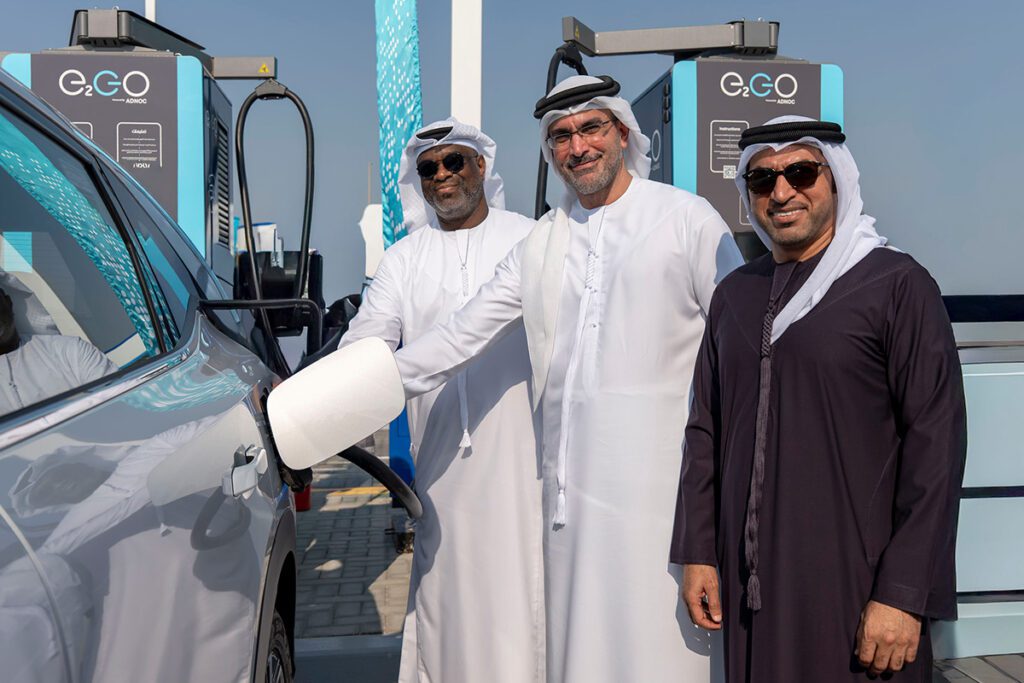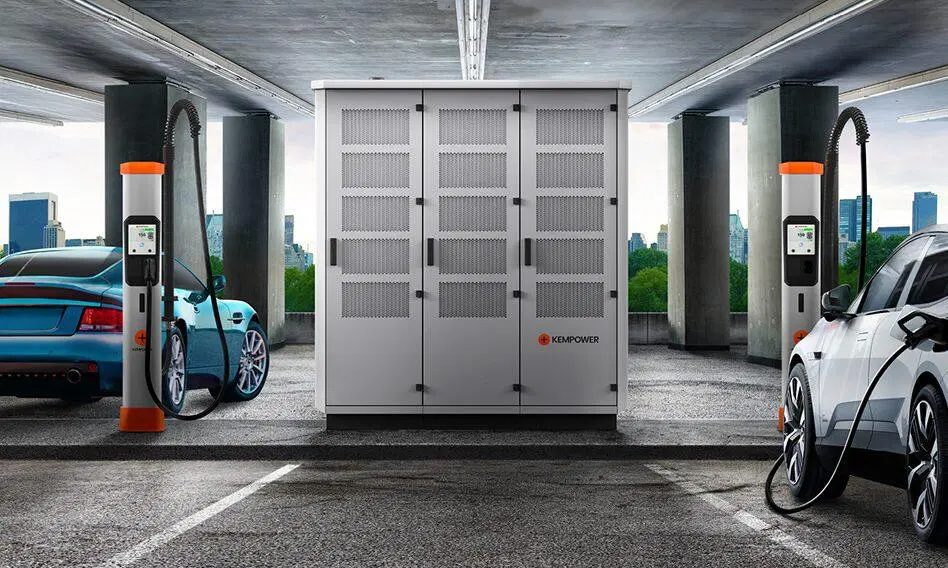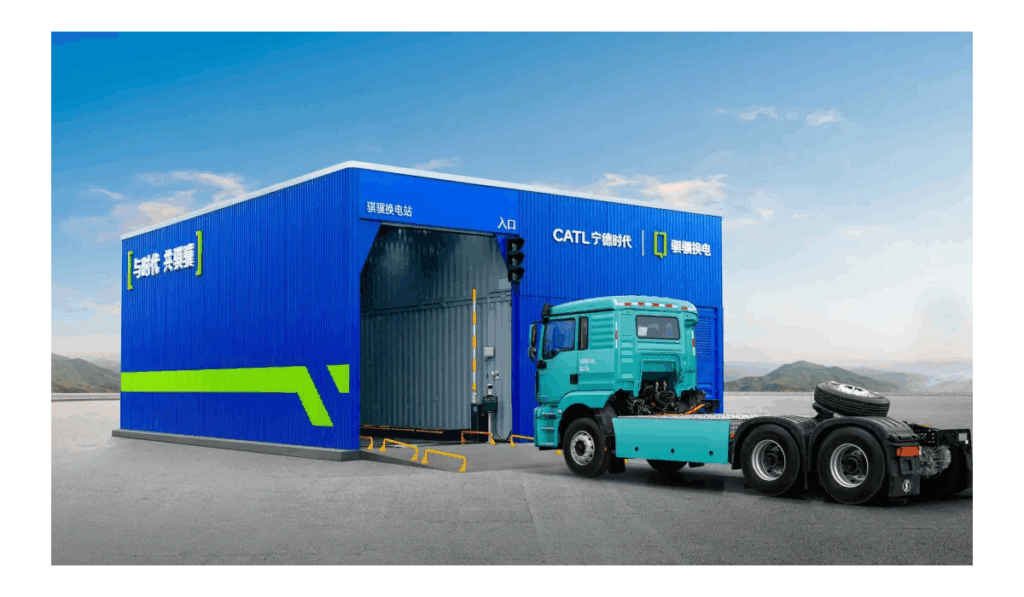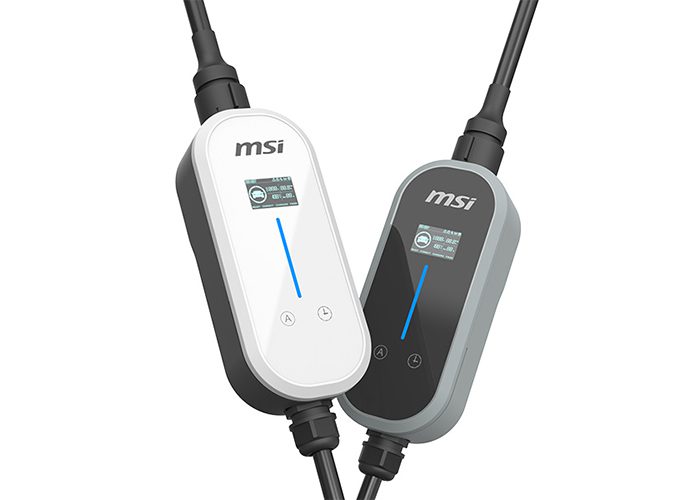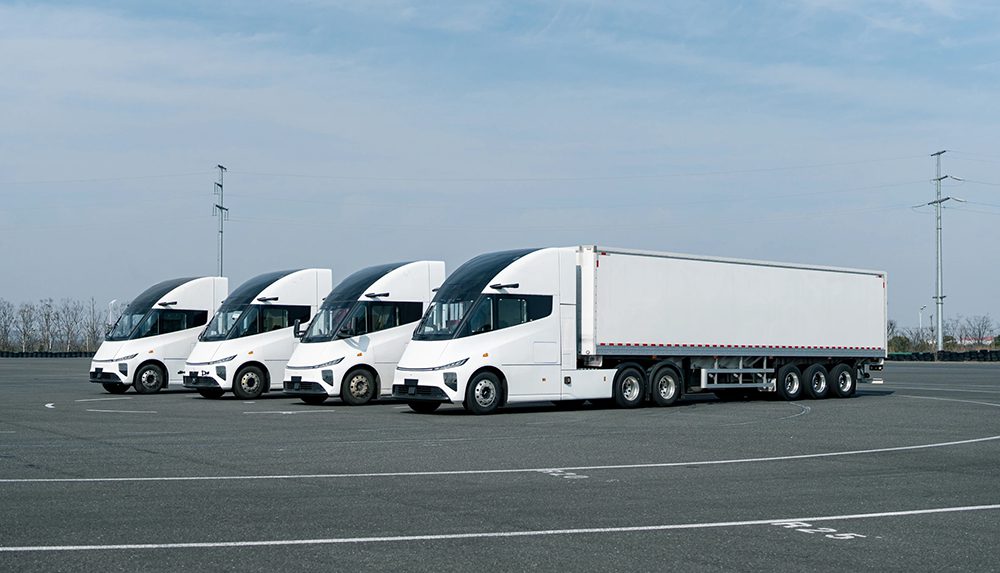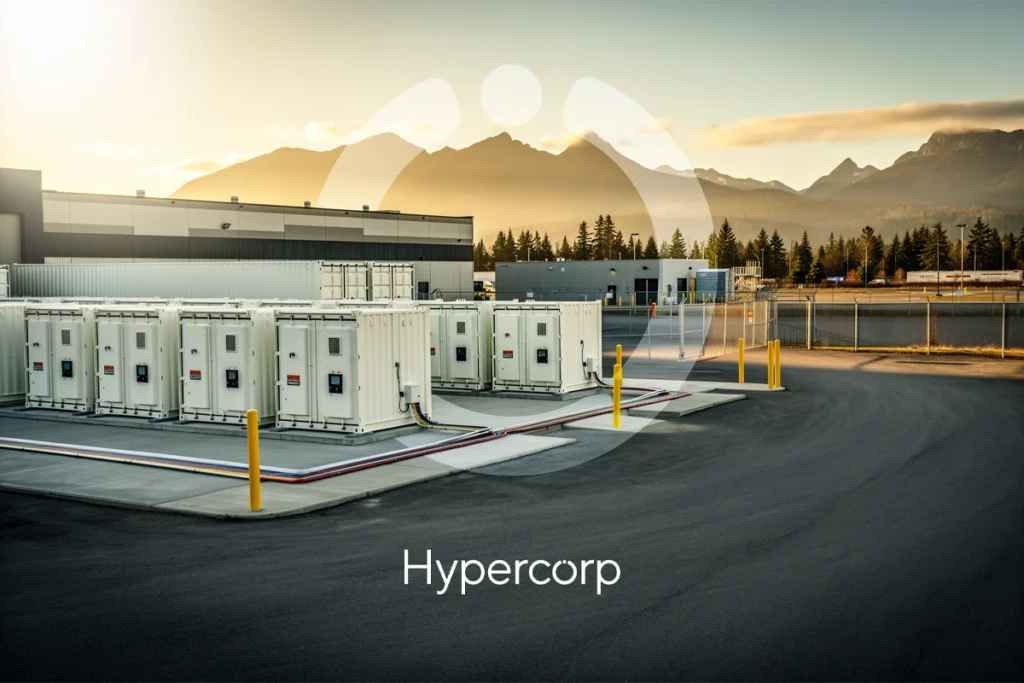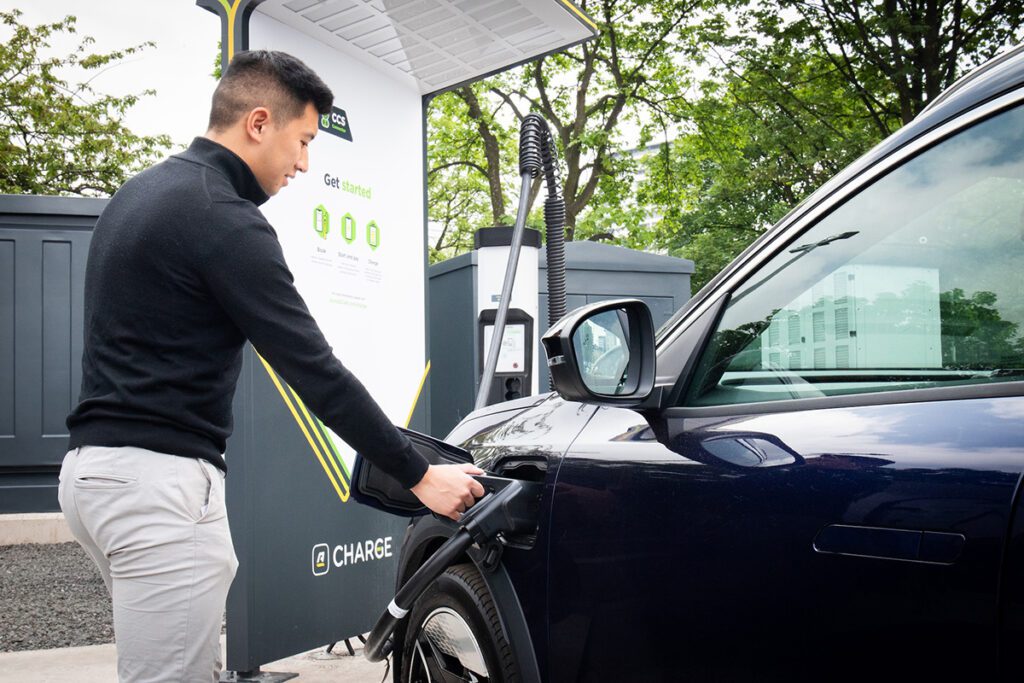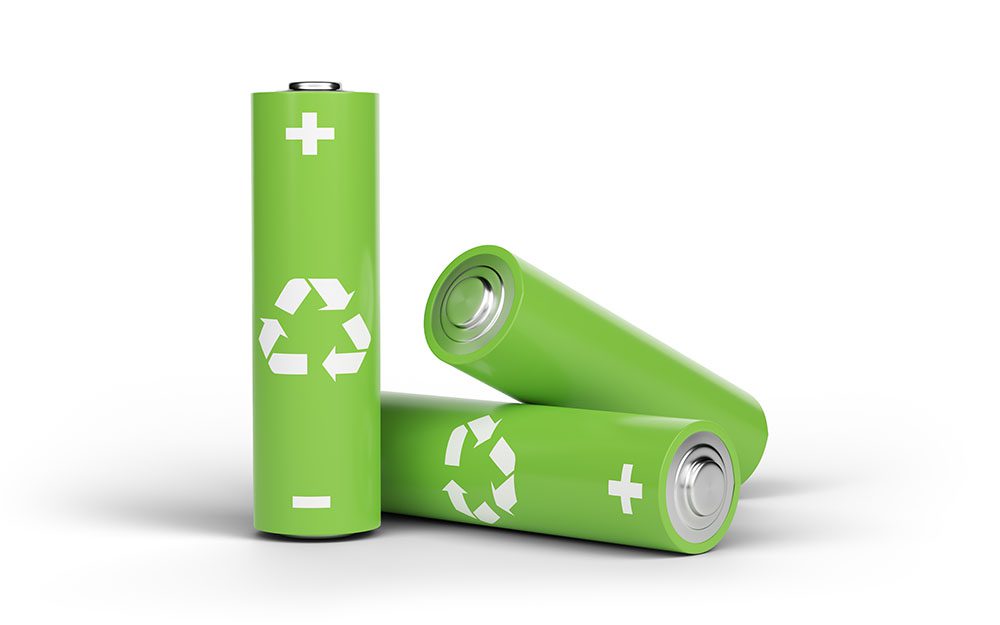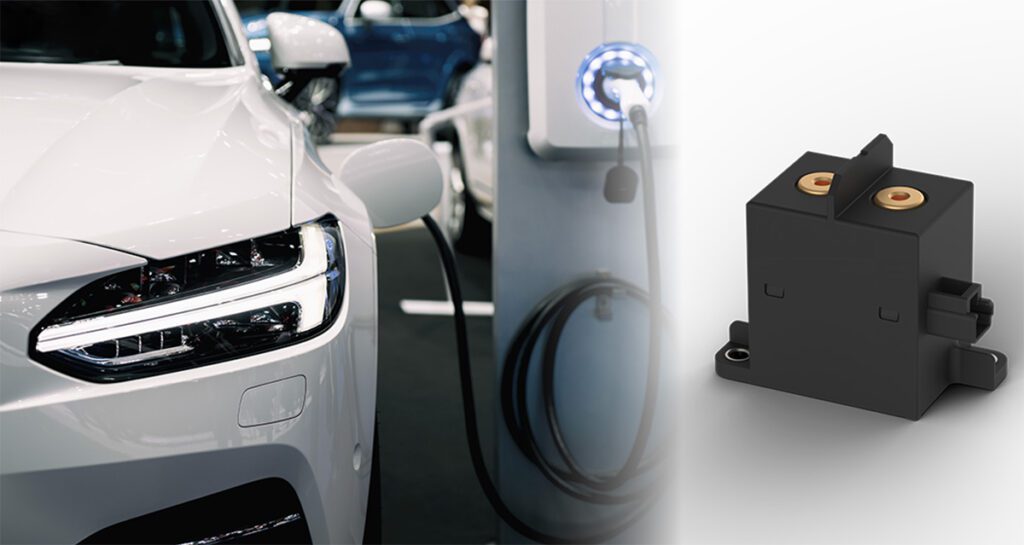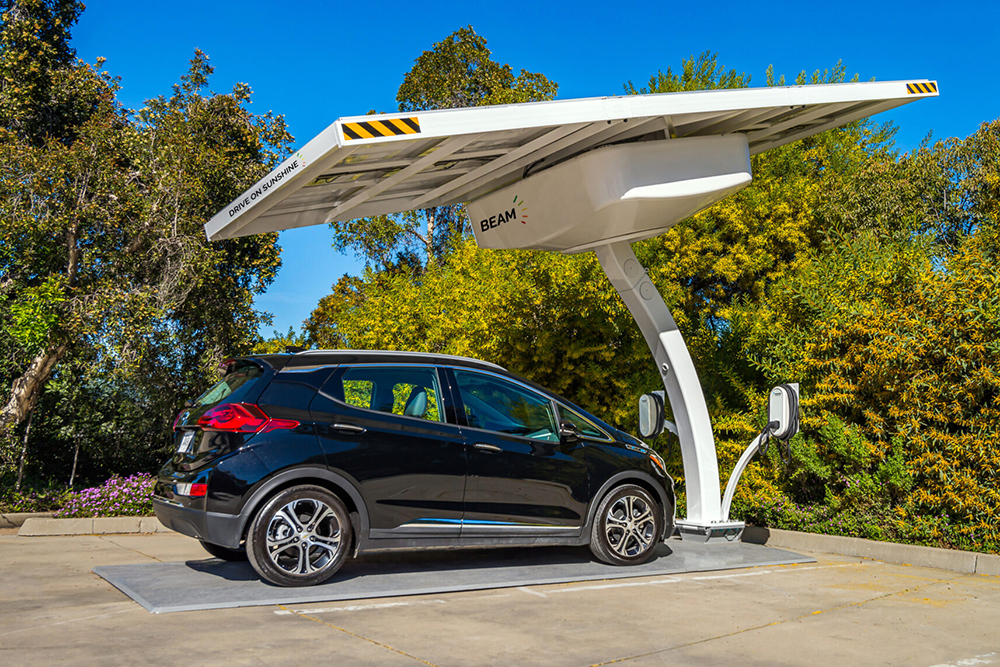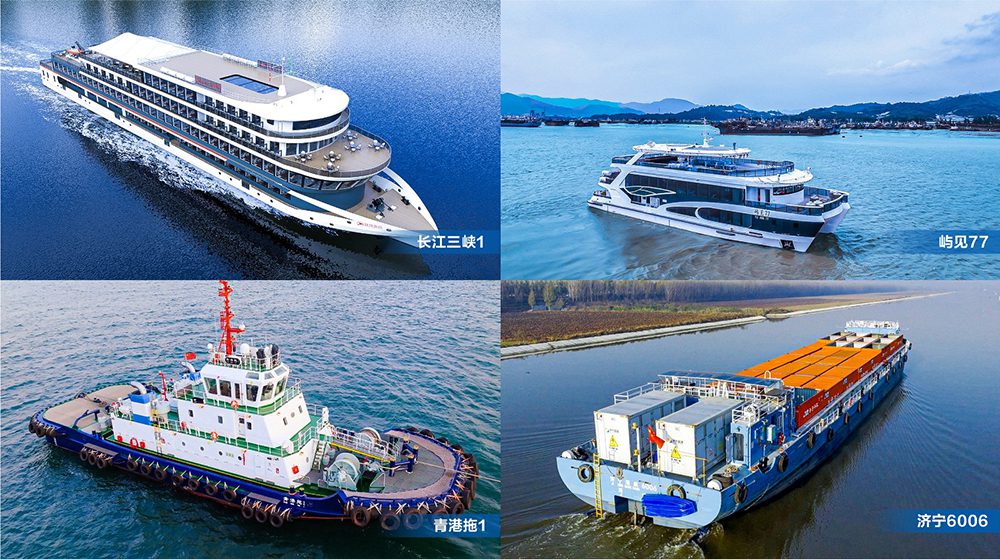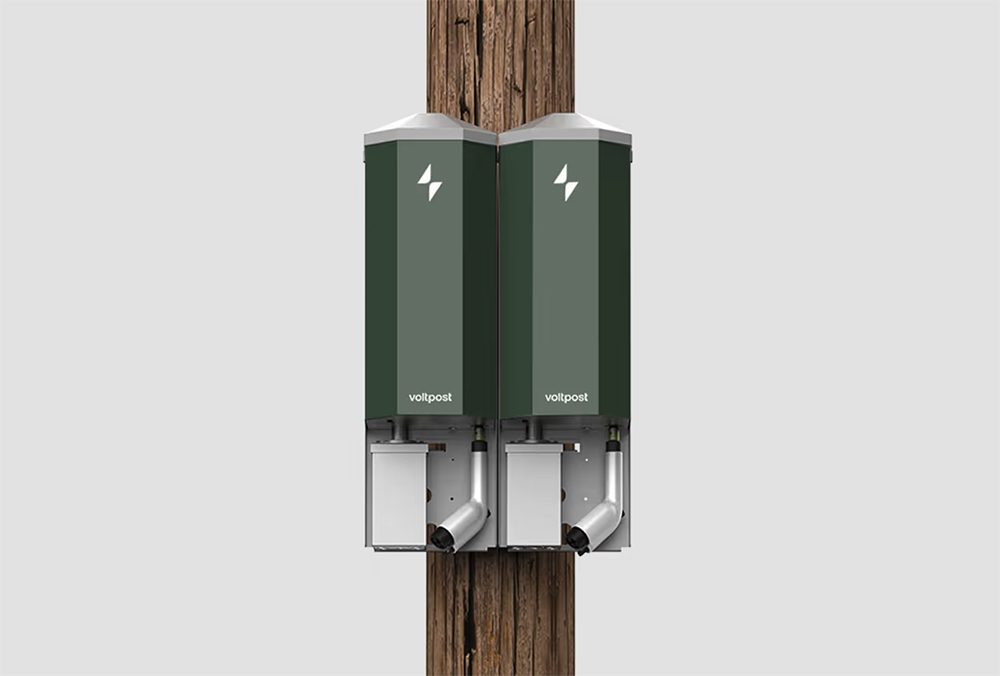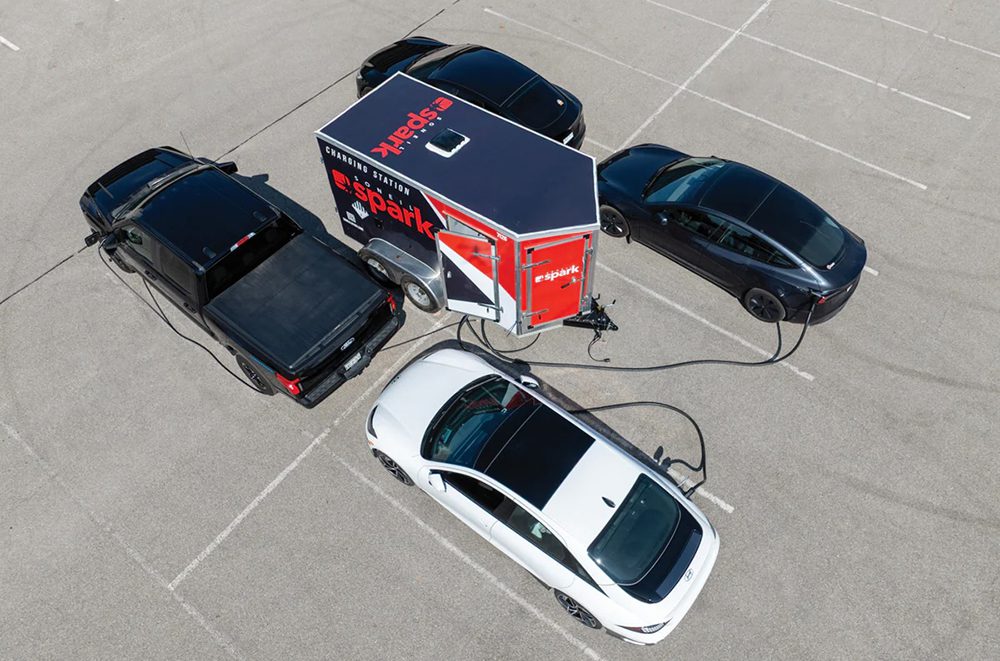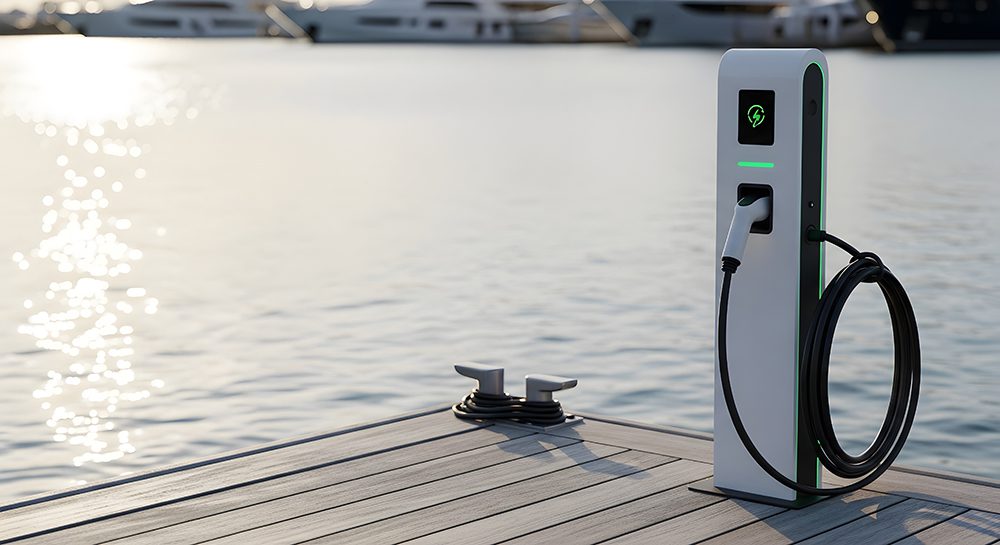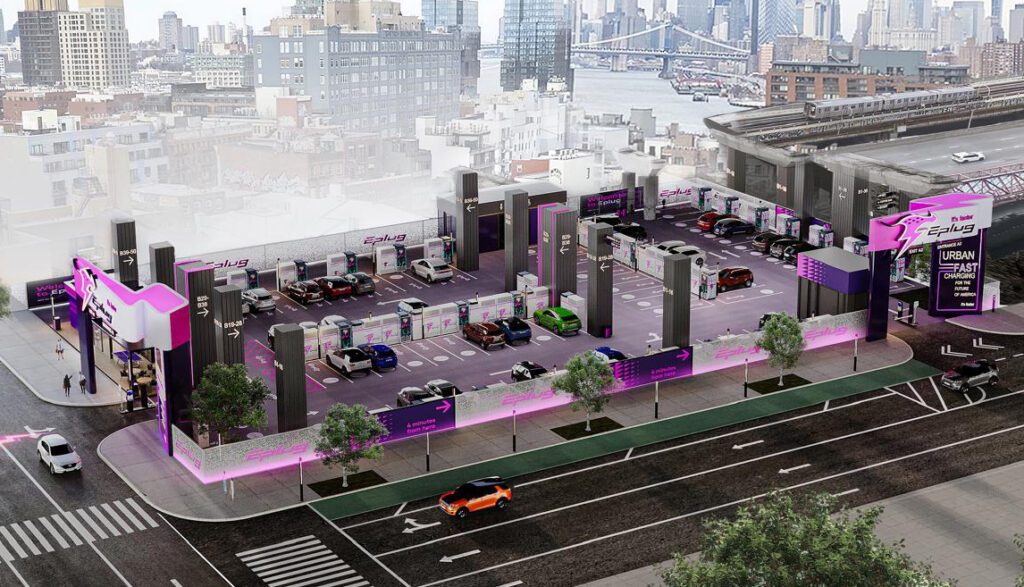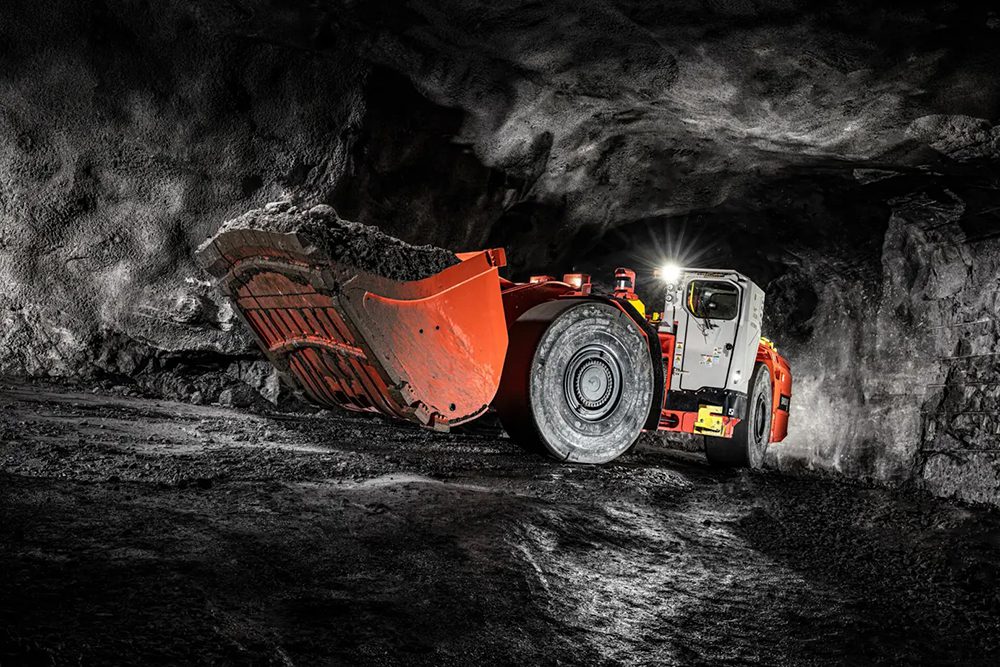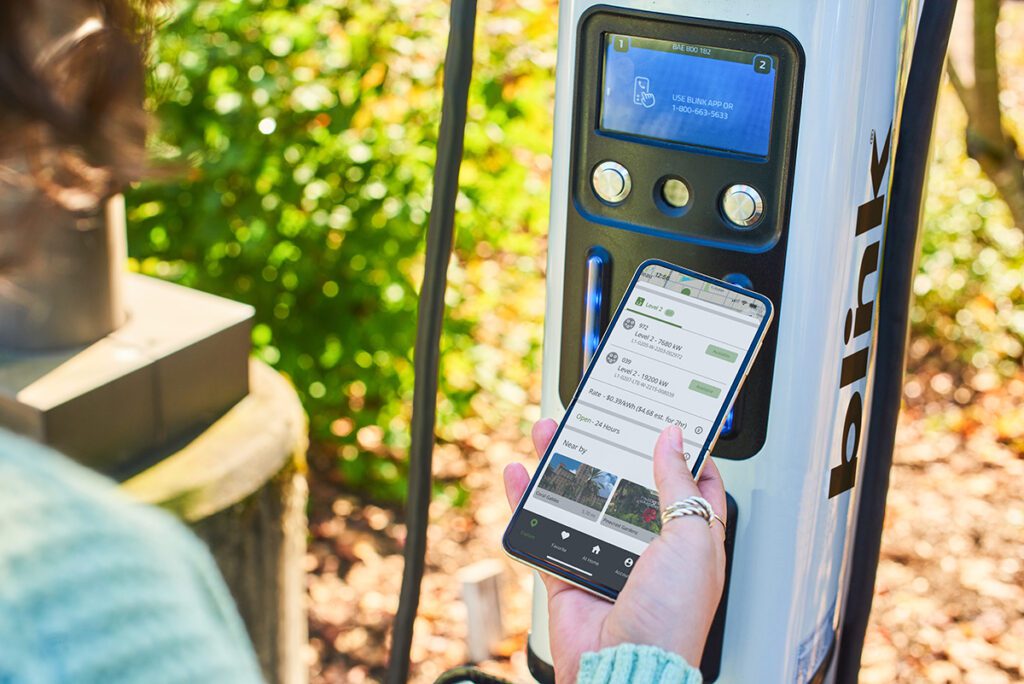Toshiba is now offering samples of its new SCiBNb lithium-ion battery, designed for electric buses, trucks and other commercial EVs. Potential users can evaluate the battery for themselves by ordering a sample.
The SCiBNb cell features a niobium titanium oxide (NTO) anode. Acccording to the company, this gives it an energy density comparable to that of carbon-based batteries with lithium iron phosphate (LFP) cathodes, as well as distinct advantages in charging speed and lifespan. The SCiBNb can achieve an 80% charge in as little as 10 minutes, and boasts an estimated lifespan of 15,000 cycles.
According to Toshiba, repeated rapid charging of LFP batteries causes lithium deposition at the anode, increasing the danger of short circuiting in the cell, particularly as the batteries start to degrade. However, the NTO anode of the SCiBNb, like the lithium titanate anode of the SCiB, does not cause metal lithium deposition and can be used safely for a long time, even with repeated rapid charging.
Toshiba says its SCiBNb is ideal for commercial EVs such as electric buses and trucks that operate on regular routes with high utilization rates. Frequent charging at designated points along the route can allow the battery capacity to be reduced.
Toshiba is working in close collaboration with two strategic partners: Brazilian niobium producer CBMM and Japan’s Sojitz, one of CBMM’s shareholders and CBMM’s sole agent for the Japanese market. Under a joint development agreement, Toshiba, CBMM and Sojitz have promoted sales and marketing activities to build a supply chain. They have also conducted real-world demonstrations with a prototype e-bus fitted with the new battery.
The SCiBNb cell has a rated capacity of 50 Ah, nominal voltage of 2.3 V, output power of 1,000 W, input power of 2,000 W (at 50% SOC and 25° C) and a 5C charging rate (10 minutes, 80% SOC). Energy density is 350 Wh/L, dimensions are 98 x 280 x 12 mm, and weight is approximately 860 grams. Operating temperature is -30° to +60° C.
Source: Toshiba



